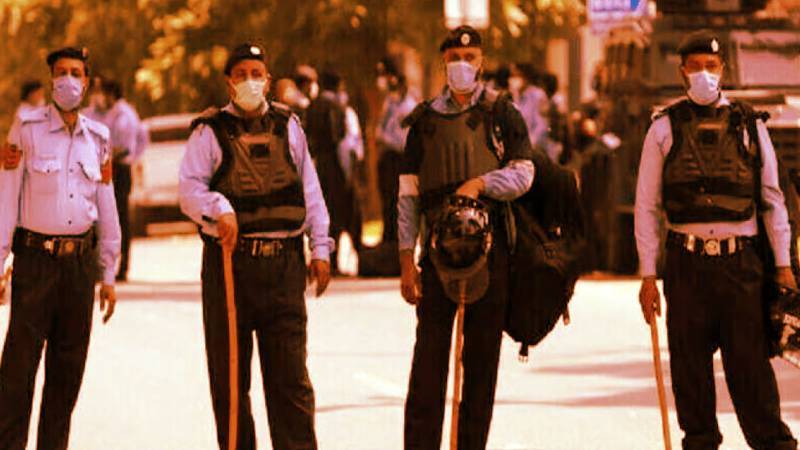
Recent violent events in Islamabad show rising political tensions in Pakistan. Many protesters faced a harsh crackdown, using tear gas and live ammunition, which sadly led to deaths. These demonstrators were calling for the release of former Prime Minister Imran Khan, who is currently in prison.
The ongoing standoff is important because it energises Khan's supporters and raises concerns about instability among his critics. Public opinion is divided; Khan's supporters want his release and the protection of democratic values, while his opponents believe his actions threaten national unity. As the situation escalates, the country is at a crucial point. How this conflict is resolved will affect Khan's future, civil-military relations, and democracy in the country. The stakes are high, so it is vital to watch how both sides handle this challenge.
Imran Khan's situation is not just a personal issue; it marks an important time in Pakistan's politics. Unlike past leaders who accepted their situations or stayed quiet under military pressure, Khan spoke out during his imprisonment. This defiance increases tensions and deepens divisions in the country. It challenges the military's control over politics and raises important questions about power and governance.
The strong reactions from authorities show a worrying attitude toward disagreement and highlight the fragile state of democracy in the country. The use of excessive force against peaceful protesters, leading to political martyrs, raises important questions about government accountability and the protection of human rights.
The lack of unity among PTI members often leads to important issues being ignored in favour of personal disputes instead of being discussed openly or debated publicly
Moreover, the government's dependence on military support shows its struggle to maintain control. The relationship between the government and the military is based on mutual benefits, which creates only a fragile sense of stability. While this partnership may seem to provide order, it raises real concerns about the future of governance and possible reforms in the country.
Nevertheless, many people are increasingly unhappy with their leaders, leading to a strong push for change. Many citizens feel their leaders do not understand their everyday challenges. As economic inequalities grow, including the disproportionate impact of rising taxes and power bills, public patience is running out.
The government has gained a short-term advantage because of the intense fighting within the Pakistan Tehreek-e-Insaf (PTI) opposition party. This conflict hurts PTI’s reputation and weakens its ability to act as a united political group. Different factions in the party are arguing over leadership and strategies, which makes it harder for them to challenge the government effectively. The lack of unity among PTI members often leads to important issues being ignored in favour of personal disputes instead of being discussed openly or debated publicly.
However, stakeholders need to understand that real stability cannot come from political tricks or military power. The government must focus on open conversations and reforms that tackle the real reasons behind public unhappiness. Without these important changes, any short-term gains from political alliances will lead to lasting instability and frustration among citizens who want accountability and progress.
Unfortunately, in Pakistan, powerful people seem more focused on protecting their interests than on making real progress. They often avoid new ideas and upcoming leaders, showing a reluctance to tackle the country's urgent problems. Instead of welcoming change, the same familiar faces keep making empty promises. This situation is both disappointing and dangerous for a nation that is already dysfunctional.
For Pakistan to move forward, we need to address self-serving behaviors that hinder our progress. Only by doing this can we break free from a cycle of mediocrity and push for accountability and reform. Change is urgent; without it, Pakistan may face serious consequences due to its inaction. It is important to respect election results and make sure that all parts of the government do their jobs as intended.
The current political situation requires a major change in how politicians and military leaders think and act. We must focus on working together instead of creating divisions. We need to take responsibility instead of avoiding it, and we should prioritise the public's needs over personal interests. By following these principles, we can create an environment where democracy can grow and where citizens feel encouraged to participate in governance.
We should imagine a Pakistan that supports democracy and ensures every voice is heard. Only then can we work toward sustainable development and social harmony. We should aim for a future where we achieve our shared goals through unity and respect for democratic values. Let’s work together for this change; it starts with each of us asking more from our leaders and holding them accountable to the people they represent.

